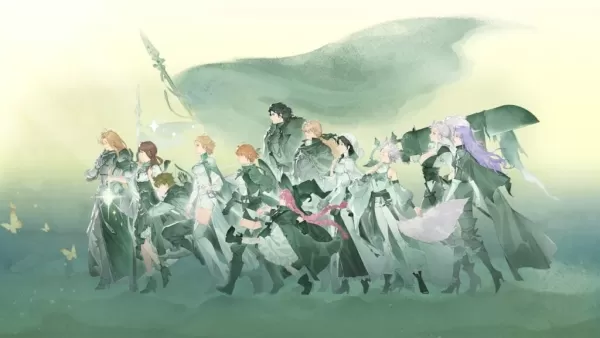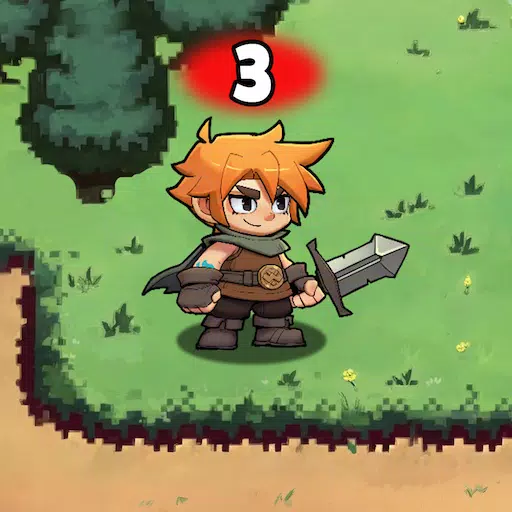
Nintendo’s New Guidelines Enforce Stricter Rules to Address Inappropriate ContentNintendo Threatens Bans for Content Sharing Violations

With the revised content guidelines, Nintendo has broadened its enforcement. Not only can they issue DMCA takedowns for content violating these rules, but they can also preemptively remove content breaching their guidelines and restrict the creator's further sharing of Nintendo game content. Previously, Nintendo could only challenge content deemed "unlawful, infringing, or inappropriate." This essentially means that content creators found in violation of these rules could face bans from showcasing Nintendo-related content on their platforms.

⚫︎ Involves actions that may be considered to impair the multiplayer gameplay experience, such as intentionally disrupting game progress;
⚫︎ Features graphic, explicit, harmful, or otherwise objectionable content, including statements or actions that may be considered offensive, insulting, obscene or otherwise disturbing to others;
These stricter guidelines followed reported incidents of content removals by Nintendo. It’s speculated that the latest revised measure against content Nintendo deems objectionable was done perhaps due to a recent incident involving a Splatoon 3 content creator.
Nintendo Removes Splatoon 3 Video Featuring Suggestive Content
Nintendo has recently removed a Splatoon 3 video by content creator Liora Channel that featured interviews with female players discussing their dating experiences within the game. The video, uploaded on August 22, delved into the personal lives of these players, including their experiences with casual encounters involving prominent Splatoon 3 players.
According to Liora Channel, Nintendo found this video unacceptable. In response, Liora Channel has publicly stated on Twitter (X) that they will avoid creating sexually suggestive content related to Nintendo games in the future.

Given the influential role content creators play, it’s crucial that Nintendo’s games not be associated with such harmful activities, as this could compromise the safety of young people.
 Home
Home  Navigation
Navigation






 Latest Articles
Latest Articles









 Latest Games
Latest Games












